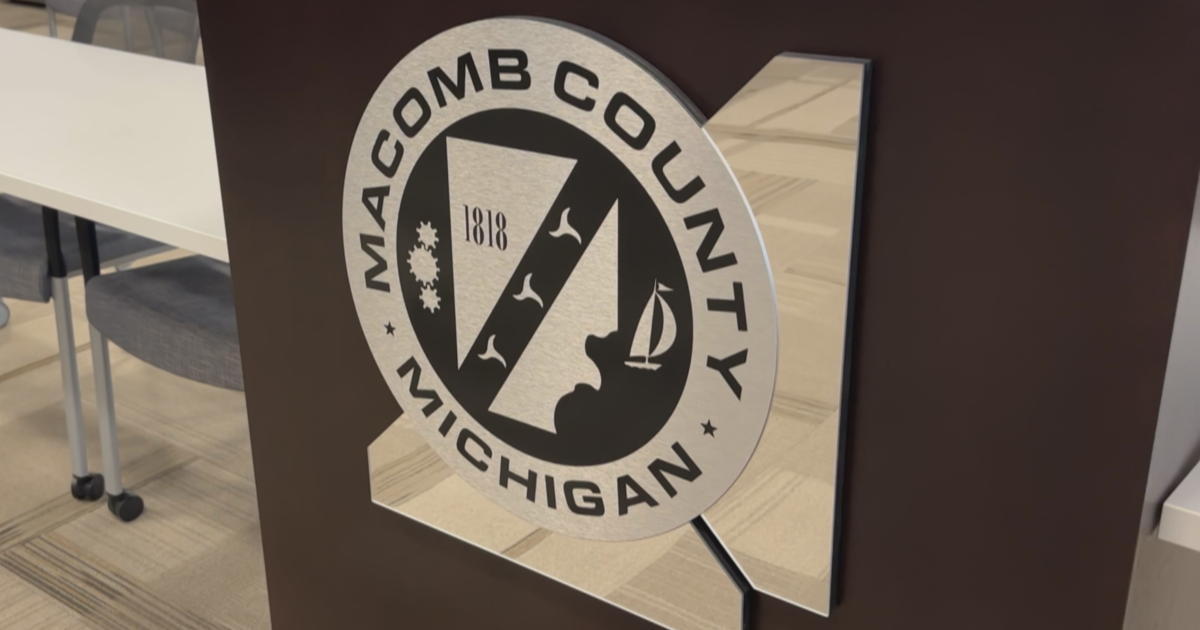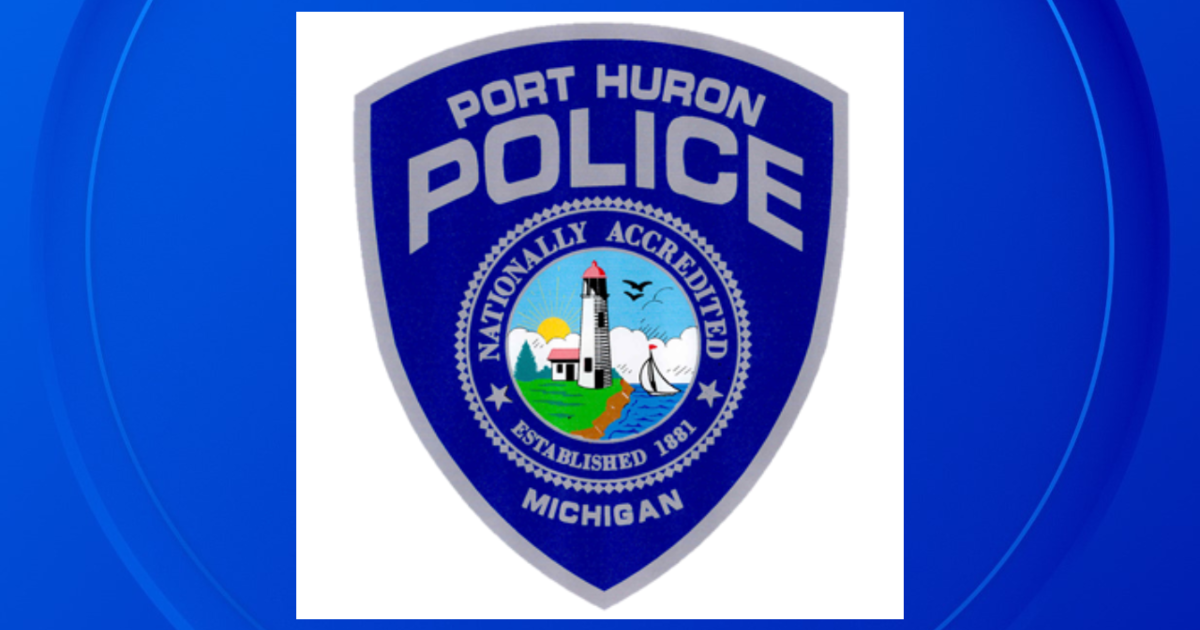UM, Feds Testing Connected Vehicle Technology
ANN ARBOR -- Wednesday's launch of a year-long test of smart car technology at the University of Michigan Transportation
Research Institute has a simple goal: save lives and reduce injuries among American motorists.
Safety Pilot Model Deployment, a $22 million partnership between UMTRI and the U.S. Department of Transportation, is part of a joint research initiative led by the National Highway Traffic Safety Administration to see how well wireless communication technology works in the real world. It is the largest connected-vehicle, street-level pilot project ever conducted.
UMTRI will install wireless communication devices on nearly 3,000 vehicles that will let passenger cars, commercial trucks and transit buses "talk" to each other, as well as to traffic lights and other road signals located at intersections, curves and highway sites throughout a test-pilot area in northeast Ann Arbor.
The connected vehicle technology involves both vehicle-to-vehicle and vehicle-to-infrastructure communications that transmit and receive vehicle data such as position, speed and direction. Drivers are alerted to a potential crash situation -- a nearby vehicle unexpectedly braking, a sudden lane change, merging traffic, etc. -- by a visual or audible warning inside their vehicles.
"This is a game-changer for transportation," said Jim Sayer, an associate research scientist at UMTRI. "There are many safety and convenience applications to this, as well as applications related to mobility and sustainability. This is a tremendous opportunity, and we are very excited to be able to support the USDOT's demonstration of cutting-edge transportation technologies in our community."
UMTRI Director Peter Sweatman said the project is emblematic of the work being done at the institute today and in the future.
"The University of Michigan Transportation Research Institute is playing a key role in the reduction of negative societal impacts associated with transportation around the world," he said. "UMTRI's expertise is in delivering high-quality research and deploying solutions to critical transportation issues. Safety Pilot Model Deployment is an example of our leadership in the area of safety and sustainability research. Connected vehicle technology has the ability to address as much as 80 percent of crashes of unimpaired drivers and greatly reduce carbon emissions. We also believe connected vehicle technology will influence new economy startups and innovation into the existing industrial base."
The data generated and archived as part of the project will be used to inform future regulatory and policy decisions by the USDOT. It also will be made available to the transportation industry for use in developing additional approaches to vehicle safety, mobility and environmental sustainability. The testing phase will last one year, but the overall program will operate for 30 months.
"This is a big moment for automotive safety," said U.S. Transportation Secretary Ray LaHood. "This cutting-edge technology offers real promise for improving both the safety and efficiency of our roads. That is a winning combination for drivers across America."
"The technological advances in today's vehicles are improving the lives of citizens and making products designed and produced in Michigan more competitive in the marketplace," said Michigan Gov. Rick Snyder. "The connected vehicle technologies being developed in partnership with the automotive industry and our universities provides great opportunity to create high-tech, high-paying jobs here in Michigan."
For more information, visit http://safetypilot.umtri.umich.edu.
Several automakers and auto suppliers also touted their participation in the program.
Ford Motor Co. said it is providing cars equipped with experimental vehicle-to-vehicle communications technology to collect data for the test.
Ford's vehicle communications technology allows cars to talk wirelessly with one another using advanced Wi-Fi signals, or dedicated short-range communications, on a secured channel allocated by the Federal Communications Commission. The Wi-Fi-based radio system allows detection and then notification of potentially dangerous situations that the driver may not be able to see yet.
Denso International America Inc. is providing two types of dedicated short-range communications devices, which are the devices that allow vehicles to communicate or "talk" with other equipped vehicles and infrastructure. The devices being tested are an integrated original equipment device used on light vehicles, and an aftermarket retrofit device equipped on light vehicles, heavy trucks and buses.
Also participating in the trial is an Australian maker of car-to-car radio technology, Cohda Wireless.



